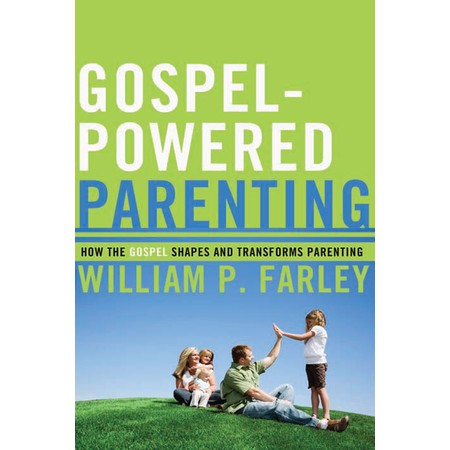A Gracious Father
Last chapter we learned about the holiness of God, which includes his perfection, his purity, his justice and his wrath. Pretty heavy stuff. But such an important background to what our chapter is about today.
"The LORD is merciful and gracious, slow to anger and abounding in steadfast love."Psalm 103:8
What amazing news! Do you realize that this is the description that God gives of himself over and over again in the Old Testament (the place we usually think of speaking mainly about his wrath)? God's plan to extend grace to us did not begin in the New Testament, it was his plan from the very beginning. But he knew that grace would be at a very high price.
So what is grace?
Farley introduces us to a commonly used acronymn to understand grace (God's Riches At Christ's Expense), but he says that it doesn't quite go far enough, because it doesn't include the important concept of what we really deserved - which was holy wrath. He also mentions that many Christians don't have a very good understanding of what grace is.
At this point of the book, what would you have defined grace as?
(I commonly used the G.R.A.C.E. acronymn minus the mention of what we actually deserved.)
Farley procedes to explain grace with what he calls "five important propositions":
- God is Free. (He is free to be gracious to some and not gracious to others - he is not obligated to give grace.)
- God has no needs. (He is not gracious to satisfy a need in himself - such as fellowship or being loved, or being unhappy.) *Side Note: Watch for these errors in children's bibles!*
- Sin is infinitely offensive. (The depth of our demerit is impossible for us to fully understand. God was gracious to enemies, not to friends.)
- We are helpless. (And we have virtually no knowledge of it- we believe that we merit grace by our works.)
- My capacity to understand grace will always be a function of my understanding of what it cost the Father to be gracious.
My favorite quote from this section was: "Virtue keeps more people out of heaven than all their sins combined." (pg. 96) He goes on to explain what he means:
God's son came to earth and suffered infinite pains precisely because we are helpless. Christians are those who confess, "Our situation is and was helpless." In fact, reliance on our virtues is not a neutral issue. It is deep sin. It makes God angry. Why? Attempts to be "good enough" reject Christ, his cross, and his atoning work. (Pg. 97)
How should God's holy grace affect parents?
The author says:
- The grace of God should convince us that our pretensions to parental perfection are futile.
- The grace of God makes parents increasingly sincere, gracious, and humble. It prompts us to confess our failings and ask for forgiveness. It causes us to administer God's discipline with tenderness and compassion.
- The grace of God motivates us to love our spouse and our children sacrificially.
Here are the study questions I want us to focus on today:
There are many motivations for serving Christ - fear, guilt, insecurity, pride, and grace. Which of these motivates you most frequently?
What would a Christian look like if that person were motivated by nothing but the grace of God?
How can we motivate our children with grace?
I look forward to your comments and thoughts on these questions! Remember you can comment on any chapter you have read so far, by going to the book club page to find the post related to that chapter.

No comments:
Post a Comment